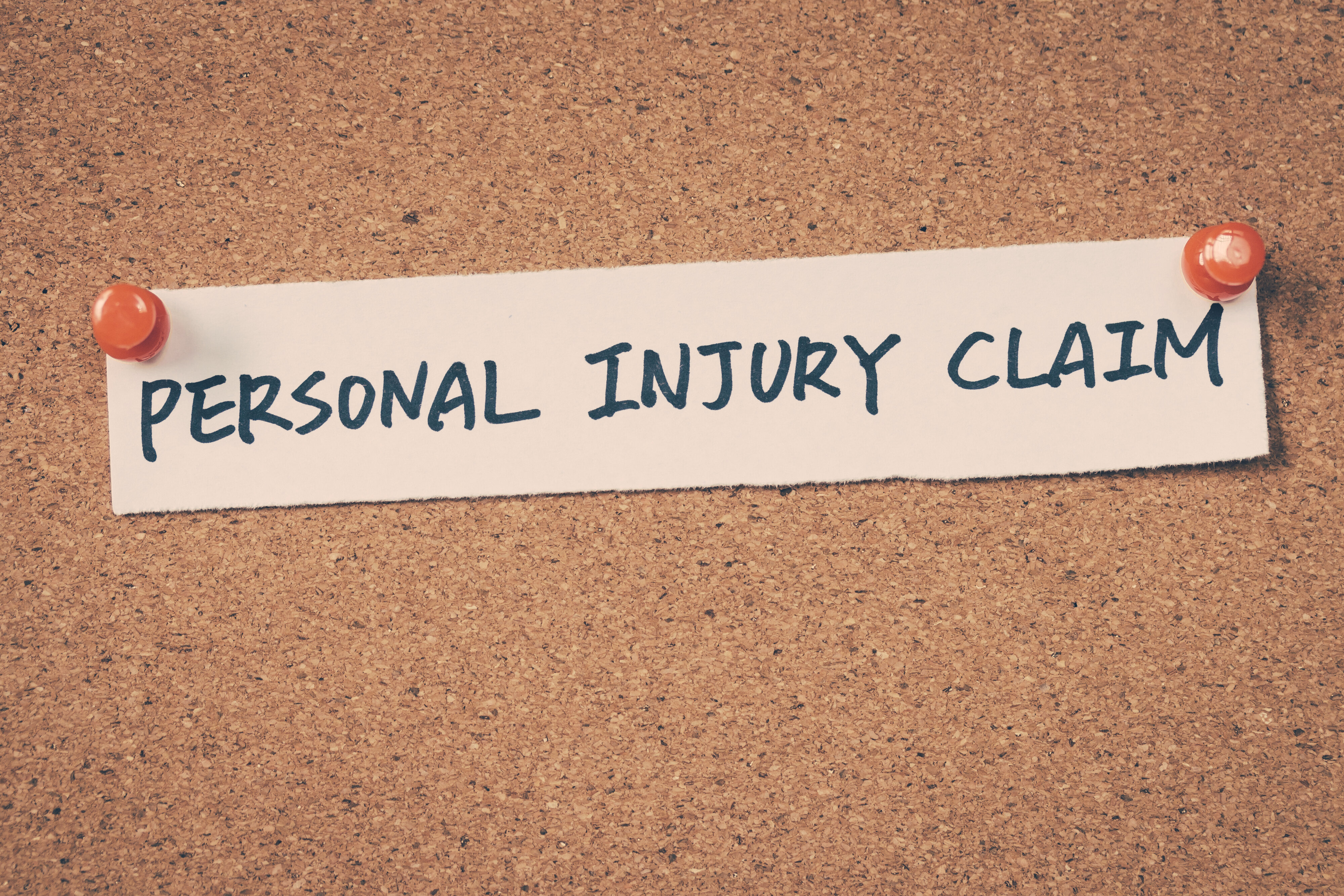You’re out for a leisurely afternoon drive with your husband and three children, enjoying the short-lived spring weather in Georgia. Out of nowhere, the driver of another vehicle runs a red light and slams into the drivers’ side of your car. Thankfully, you and your children have only minor injuries. Your husband, however, suffers a head injury and is hospitalized in serious condition. He cannot make any decisions due to his condition. Can you file a personal injury claim on behalf of your husband?
Seeing a loved one suffer an injury can be devastating. It can also be financially crippling. In this case, your husband will have mounting medical bills, pain and suffering, and lost wages from not being able to work. Depending on his prognosis, you may need to consider for him a lifetime care plan.
When a loved one is injured, we want to do all we can to provide for our family and restore our lives back to the way they were before the accident. Given your husband’s condition, he’s in no way capable of filing a claim for his injuries. So, can you, as his spouse, file a personal injury claim on his behalf to help pay for medical bills, lost wages, and pain and suffering?
In Georgia, there are two different types of cases to consider when determining who can sue on behalf of someone else.
Wrongful Death and Survival Cases
The first is a wrongful death case. A wrongful death occurs when someone dies due to the negligent actions of someone else. This actually gets a little complicated because there are usually two types of claims that are brought under Georgia law when someone dies from an injury caused by the negligence of someone else, whether it’s an auto wreck, truck wreck, medical negligence, or another type of injury.
The first type is called a “Survival Claim.” This is really a personal injury case with a twist. Because the injured person died, someone else needs to be available to bring the lawsuit. In Georgia, that person is the executor of the deceased person’s will, or the administrator of the deceased person’s estate, if he or she didn’t have a will. For this claim, the damages that are available typically include pain and suffering before death, medical bills, and funeral expense.
The second type of case associated with death from an injury is called a “Wrongful Death Claim.” This is different from the survival claim because the wrongful death claim focuses on the value of the deceased person’s life IF he or she had lived. The survival claim focuses on what happened prior to the death, while the wrongful death claim focuses on what has been lost because the person did not live.
For example, the damages in a wrongful death claim include the value of the life of the deceased person, which includes things like how much the person would have earned if he or she had lived, the loss of things like time with children or grandchildren, the loss of enjoyment of life from things like church, time with a spouse, reading books, and on and on.
Another difference between wrongful death and survival claims is the party who can bring the lawsuit. For the wrongful death claim, the party who brings the action is determined by statute. There is an order of persons who can bring the action, as follows:
- Spouse of the deceased person
- If no surviving spouse, then the children of the deceased
- If no surviving children, then the surviving parents of the deceased
- If no surviving parents, then the Estate of the deceased person
Hopefully, this helps with understanding the basics of wrongful death and survival actions in Georgia. Who brings the suit, what damages (money) are available, and who gets the money can all get complicated quickly in wrongful death and survival actions.
Personal Injury Claim
What about cases where the person does not die from their injuries, so there is no survival or wrongful death actions available? Sometimes a person might be so injured that he or she cannot make decisions about their own care and whether to hire a lawyer, etc.
The law provides for this situation too. For example, here are some situations where a person may file a case on behalf of another person:
- If the injured person is a minor child, then typically a parent or legal guardian can file a personal injury claim on behalf of the child;
- If the injured person lacks mental capacity then a surviving family member, depending on the relationship can usually file a claim on the incapacitated person’s behalf. In the above example, the wife would usually be able to file a personal injury claim on behalf of her husband, who is unable to make decisions for himself. Typically, in our experience, the person bringing the lawsuit is appointed by the Probate Court to file the lawsuit and take other actions for the incapacitated person.
As you can see, it can get complicated when deciding who can file a claim on behalf of an injured or deceased person. If your loved one has suffered an injury or wrongful death due to the negligent actions of someone else then you should contact an experienced personal injury lawyer for a free consultation to discuss your specific situation. The Gautreaux Law Firm has successfully handled many personal injury and wrongful death cases. We can help you determine if you can file a claim on behalf of your injured or deceased loved one, and help you recover compensation to ease the financial burden associated with the injury.



